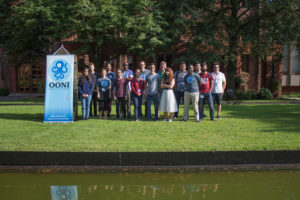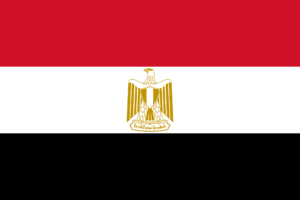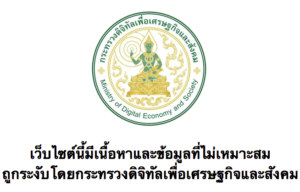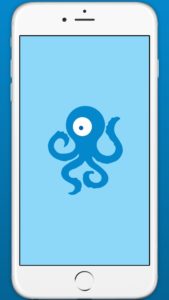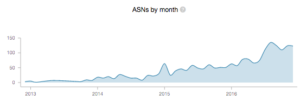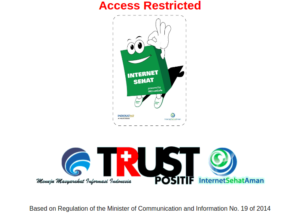
New OONI network measurement data collected from 21 local vantage points confirms the blocking of 161 websites in Indonesia between 22nd June 2016 to 1st March 2017. Indonesian ISPs appear to be implementing block pages primarily through DNS hijacking.
Vimeo and Reddit were found to be blocked in some networks in Indonesia, even though their ban was lifted more than two years ago. A popular animal rights site was also found to be blocked , possibly because it was mistaken for a pornographic website due to its domain (peta.xxx). These cases raise the need for oversight , to prevent ISPs from blocking content at their own discretion and to ensure that sites are unblocked after bans are lifted.
Under the MICT’s 2014 decree, however, Indonesian ISPs are granted the authority to ban “negative content” at their own discretion, regardless of whether such sites are included in the MICT’s official Trust Positif blocklists. This excessive authority granted to Indonesian ISPs may explain why many different types of sites were found to be blocked across different networks.
Multiple sites expressing criticism towards Islam were found to be blocked, possibly under Article 156(a) of Indonesia’s Criminal Code which prohibits blasphemy against religions. Even though Indonesia’s government announced that it would primarily be blocking sites hosting pornographic materials and gambling applications, we found numerous other sites to be blocked as well.
These include:
Interestingly enough, we also found sites (web forums and e-commerce sites) that are no longer operational to be blocked nonetheless.
Many of these censorship events indicate that their implementation was influenced by social and cultural norms , especially since the legal justification behind the blocking of many of these sites remains unclear. This raises the need for transparency and accountability to ensure that the implementation of internet censorship is legally proportionate.
Network tampering was detected across 10 different Indonesian ISPs, possibly indicating the presence of middleboxes that could be responsible for internet censorship, surveillance, and traffic manipulation. A middle box was detected in the Telekomunikasi Indonesia (AS17974) network. While it’s unclear if this specific system was used to implement internet censorship, it’s worth emphasizing that most measurements collected from this network presented signs of network tampering, and that this ISP served block pages for many of the sites that were tested as part of this study.
On a positive note, the Tor network, Facebook Messenger and WhatsApp appear to have mostly been accessible in Indonesia throughout the testing period.
Read the full report here.
Read a Tor blog about the report here.
Publisher: Open Observatory of Network Interference (OONI) & Sinar Project
Publication date: 23rd May 2017

